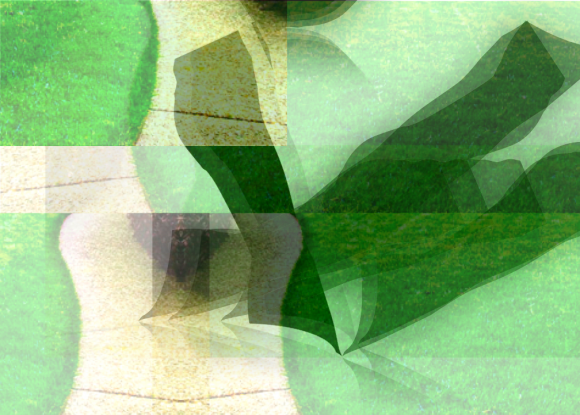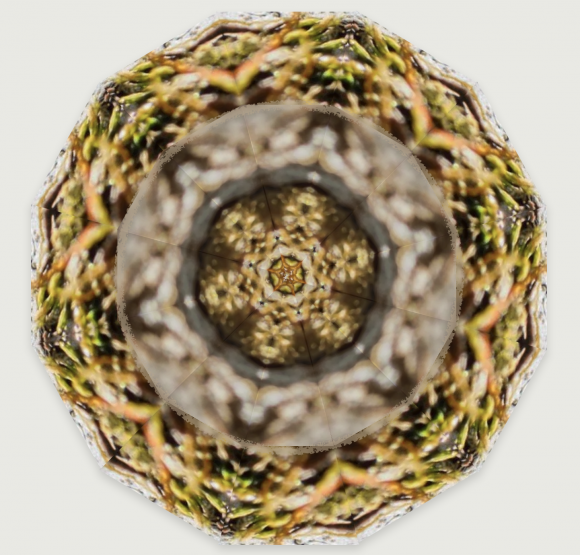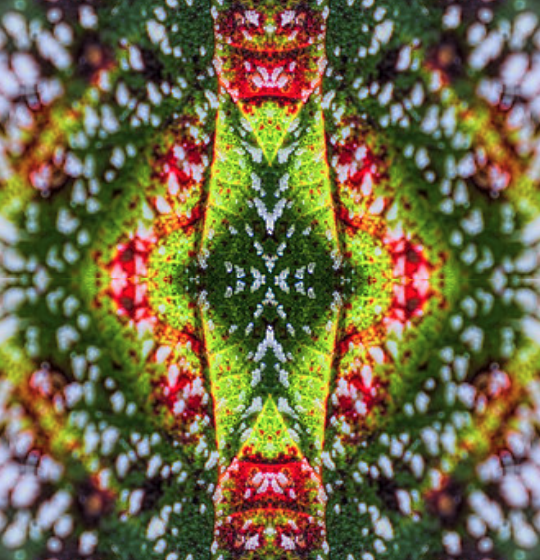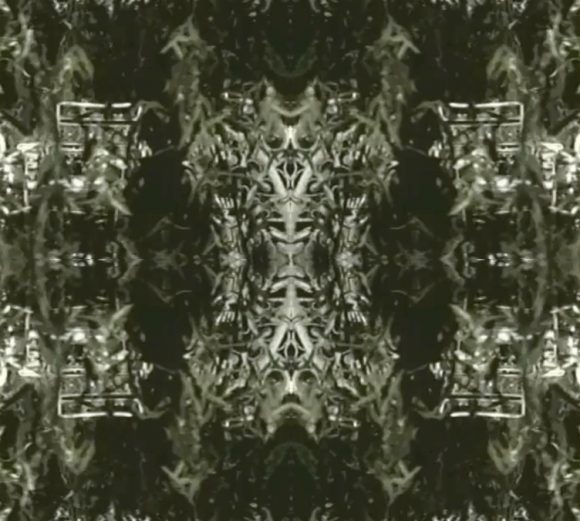I want to dwell a little longer on the belief in a “supernatural” kind of necessity.
My guiding example throughout this series of postings has been Vertigo; and Vertigo shares this characteristic — which I have called an intimation of an inevitability — with other narratives of a certain design, including the “appointment in Samarra” and ancient tragedies such as that of Oedipus, where “[t]hings are arranged in such a way that what you will do will make no difference to the eventual outcome, or will even help to bring about what you try to prevent”, as Bernard Williams puts it (Shame & Necessity, 141.)
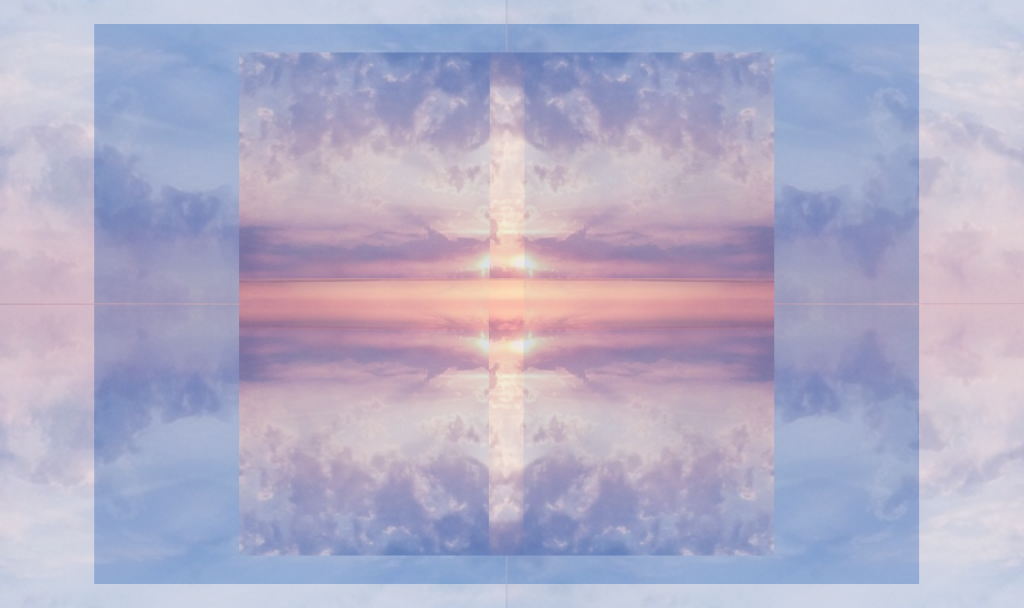
We should be clear that this is, first and foremost, a characteristic of stories. From that it doesn’t follow that it can also apply to real life — that you or I might find ourselves in a similar predicament. Narratives (stories, myths, and movies) tend to crystallize the dynamic of events into recognizable shapes which we may never encounter in that same focused purity in the actual world (just as we rarely encounter a perfect geometrical shape on a nature walk). Perhaps the intimation of an inevitability is the result of particular craft on the part of storytellers; perhaps a “supernatural” necessity can be found only in carefully designed tragic narratives.
But the hypothesis I’m developing here goes at least one step further. If, as I’m suggesting, we can make sense of the notions of ghosts and curses in terms of recurring psychological patterns, then we should of course expect these patterns to occur in the real world, afflict actual people. It might happen comparatively rarely, and it might happen with varying degrees of similarity (instances may fit the pattern more or less well); but it would have to actually unfold in real-world psychology. Or, to put it differently: we must take those tragic narratives to contain a certain (albeit stylized or idealized) correspondence with reality. We may actually find ourselves caught in psychological patterns in our own lives that exhibit the intimation of an inevitability, and we might well express this to ourselves by saying that we’re in the grip of a curse or a ghost (in the sense developed here).
This is the point where Williams’ choice of terminology appears to be at its most unfortunate. True, he concedes that “supernatural” is not an informative notion (130-131), but he sticks with the term nonetheless. This requires him then to distance it from simplistic ideas of magic:
To accept that there is a supernatural necessity is not merely to believe in nonstandard causal connections. Some superstitious beliefs are just that, such as my late grandmother’s belief (she was born in the 1860s) that keeping a potato in a pocket of her undergarments helped to prevent rheumatism. But the idea of supernatural necessity involves something else, an idea that the structure of things is purposive: that it is, so to speak, playing against you.
Shame & Necessity, 141.
This move is familiar from Jung’s writings, too. He never tires of pointing out that his notion of “synchronicity”, of a pre-existent meaning or arrangement in the structure of reality, is not expressible in causal connections. Perhaps what he had in mind was the exact same point as in Williams’ quote: the notion of synchronistic arrangements (which he also calls an updated version of the mediaeval notion of correspondences; GW VIII, §985) is not a belief in nonstandard causal connections, either. (I take it that Jung’s “magical causality” at GW VIII, §905 is equivalent to Williams’ “nonstandard causal connections”.) That way, Jung can insist that there are no nonstandard causal connections: causal connections, so to speak, are always “standard” (conforming to the law of causality as traditionally formulated); it’s just that, according to him, there are further, non-causal connections (and these, of course, are connections of meaning, “sinngemäße Verbindungen”, which he then labels “synchronistic”). This is vague talk, to be sure. I have already started to make some of the ingredients more explicit: a necessary subjective component (which makes it irreducibly psychological) must be part of a less vague account, I think; the intimation of an inevitability is another building block — perhaps not when it comes to synchronicities, but surely when it comes to ghosts and curses.
Be that as it may, I think we have to recognize that Jung did believe in “supernatural necessity”, in Williams’ sense of that term. Williams himself did not, of course, and his account went with the assumption that, while we may find such belief built into ancient, i.e. Homeric, world views, it’s not viable as part of ours — is not, indeed, even intelligible to us today (at least not without some hermeneutic work). But Jung’s claims in the synchronicities essay and elsewhere are hard to read otherwise.
